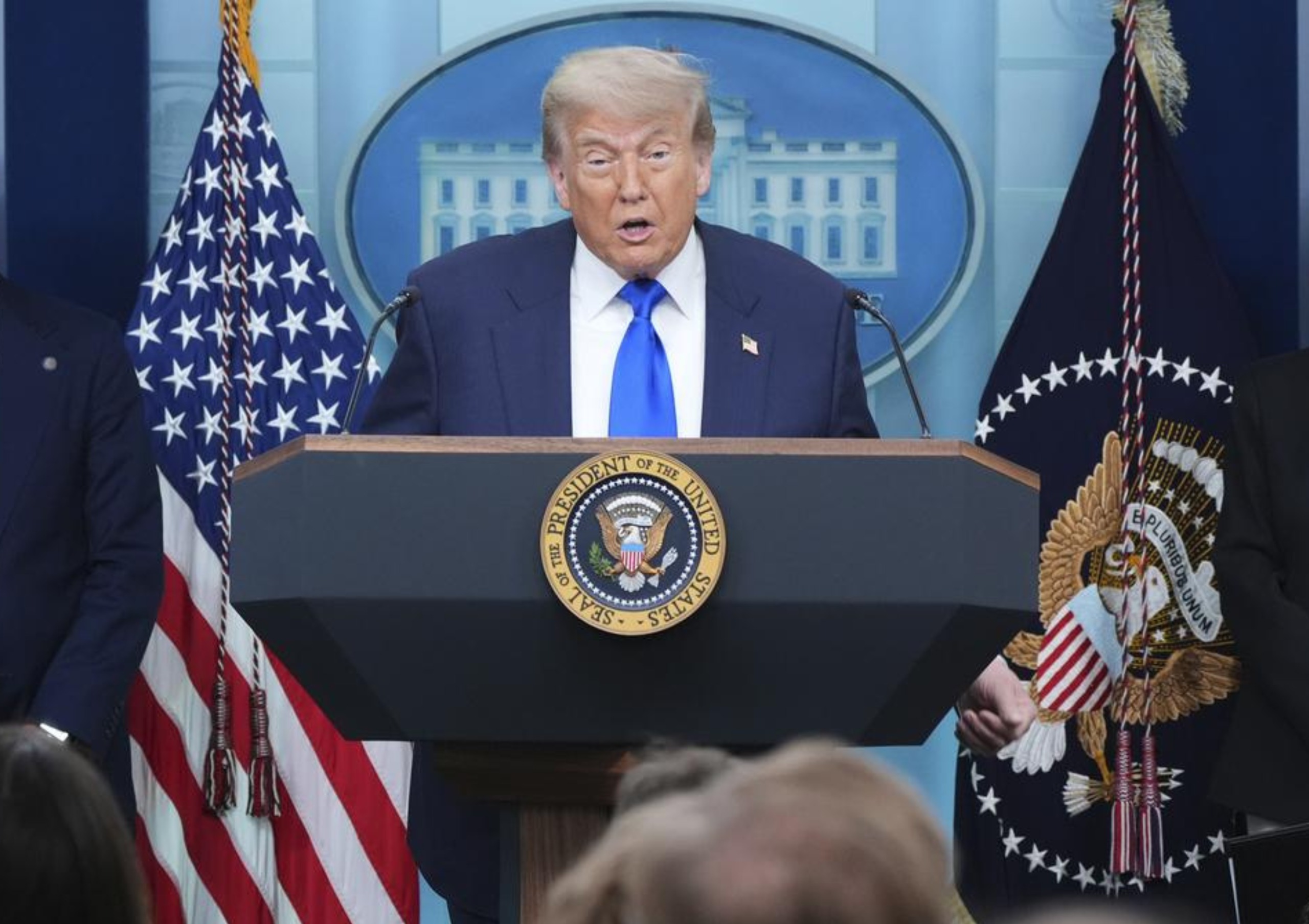
Washington DC, 4 July 2025:
President Donald Trump achieved a stunning political victory on Wednesday when the Republican controlled House passed his signature One Big, Beautiful Bill (OBBB) 218–214, just before the deadline for Independence Day.
The final version represents a comprehensive package that reduces funding for Medicaid and social welfare programs, increases spending on defense and border security, and extends and broadens the tax cuts from 2017. The bill was first approved by the Senate earlier this week by a slim 51–50 vote, with Vice President J.D. Vance casting the deciding vote. It now heads to Trump for signature, which is expected on July 4, paving the way for a high profile ceremony.
The timing represents the administration's desire to solidify its agenda during this short window of time before the end of the president's second term.
The One Big, Beautiful Bill includes provisions that partially exempt overtime pay and tip income, as well as permanent extensions of Trump era tax breaks that are now enshrined in individual and corporate rates. It allocates significant resources to border security ($175 billion) and defense ($150 billion), while limiting healthcare and clean energy incentives, particularly Medicaid and SNAP assistance.
The business community has responded strongly to provisions pertaining to payroll and corporate taxes. House Speaker Mike Johnson referred to the package as "jet fuel for the economy," and business leaders praised the expanded tax deductions for manufacturing investments and the restoration of full expensing for R&D and equipment. In a similar vein, NASA and proponents of space technology rejoiced over the restoration of $10 billion in funding for the Johnson Space Center upgrades, ISS maintenance, and the moon to Mars Gateway, protecting these space programs from earlier proposed cuts.
But fiscal watchdogs and economists raise the alarm. According to the Congressional Budget Office, the bill will erase deficit reduction gains by increasing the national debt by $3.3 to 3.9 trillion over the next ten years. Additionally, estimates suggest that by 2034, approximately 11 million Americans may no longer be covered by Medicaid, and 3 million people may experience a reduction in emergency food assistance.
Analysts warn the legislation may carry political risks, as civil society organisations and opposition voices from both parties, notably two Republican House members have condemned the cuts to programs that are already at risk. They caution that cutting social services might draw criticism in the 2026 midterm elections, negating some of the tactical advantages Trump is aiming for.
But for the time being, Trump has secured his most significant legislative win of his second term. He has changed the fiscal landscape, set important priorities, and cemented his influence on federal policy by passing this "Big, Beautiful Bill," leaving Democrats and markets to bear the repercussions.